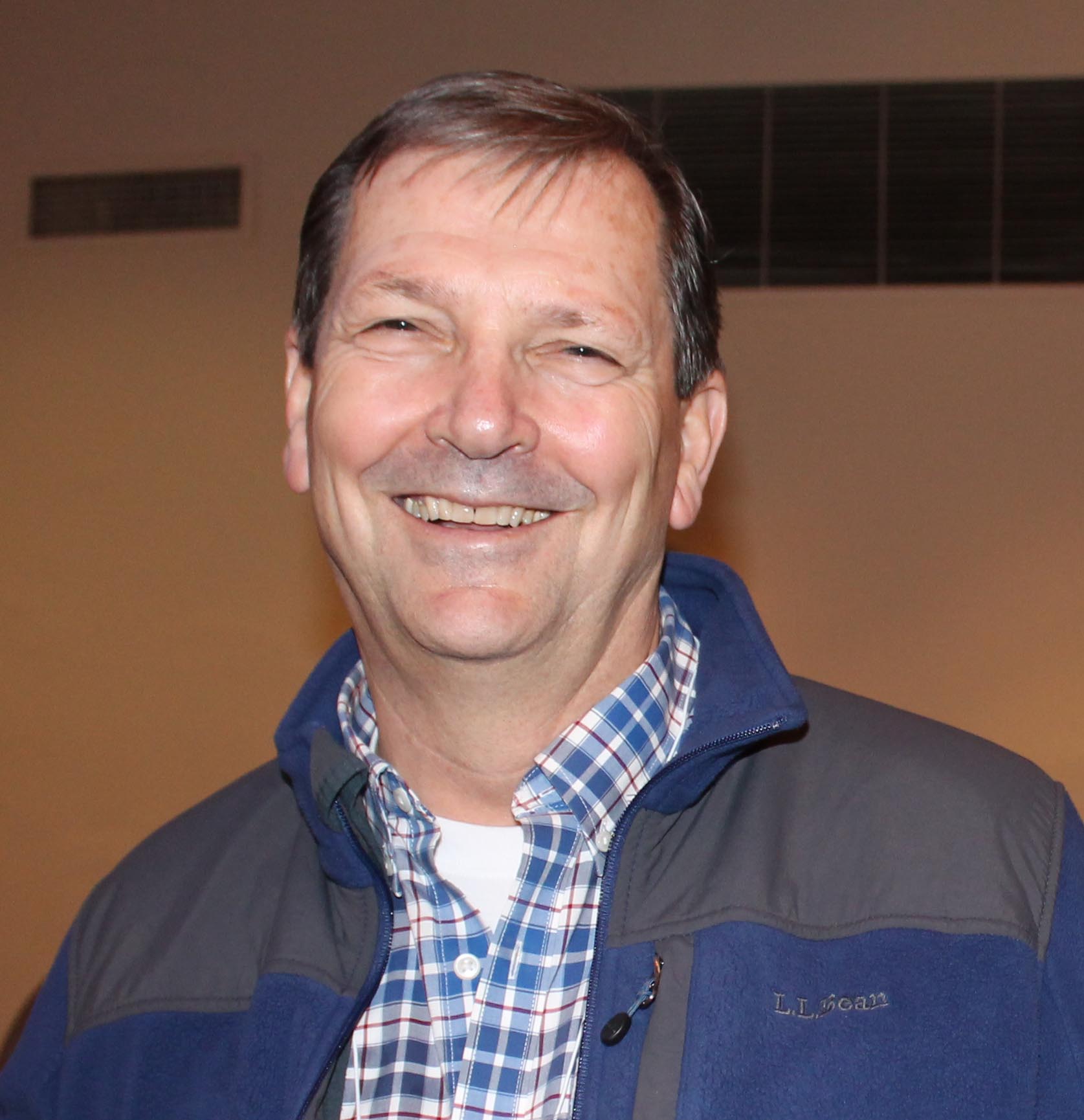An account is required to join the Society, renew annual memberships online, register for the Annual Meeting, and access the journals Practicing Anthropology and Human Organization
- Hello Guest!|Log In | Register
 Michael Paolisso
Michael Paolisso
2019 Program Chair
A very heartfelt thanks to the SfAA members and non-members who made our 79th annual meeting in Portland a success. Many of you shared your very positive and helpful feedback during the meeting, for which I am very appreciative. We had over 1,158 paper abstracts, 304 sessions, 138 posters, 15 workshops and seven videos, covering a diverse range of topics. Hallway conversations after sessions were lively and throughout attendees networked and shared ideas, which is what I think our annual meetings support so well: a professional but informal environment where people share their ideas, experiences and contacts. Our annual meetings are exemplary in promoting a collegial environment, where distinctions of academic versus practitioner, student versus professor and novice versus experienced disappear. Our positive and high energy at the meeting was helped by strong attendance: it was the third largest SfAA meeting with a total registration of 1,972, of which 822 were students and another 598 were non-members (who we hope will become members). Also, the tours sold out and Portland’s weather was mainly sunny and spring like, allowing participants to explore Portland and sample the diverse and tasty food truck cuisine and gourmet donuts.
I have always been a strong supporter of the SfAA’s effort to engage with local and regional issues and groups during our annual meeting. Local Day, Tuesday, set the tone for the rest of the conference. Before the conference, I was worried about the possibility of low attendance on local day, fearing that most of our members might arrive in the evening and that our local outreach efforts had not connected with those who would be best served by the day’s program. Fortunately, the opposite occurred. We had excellent attendance on local day from members and local social scientists and practitioners. Each session included interesting and important presentations and discussions. Local day allowed us, within the space of a short corridor or a flight of stairs, to learn how issues we focus on are experienced and addressed in Portland and Cascadia. In contrast to the rest of conference, where we primarily attend sessions relevant to our own work, local day allows us to explore and learn about a diversity of topics. In Portland, local day sessions focused on, for example, technology companies and cities, tribal sovereignty and governance, smart cities, gentrification, homelessness, fracking, disaster preparation, and the cultural characteristics unique to Portland.
I cannot encourage members enough to attend future local days at our annual meetings. This grounding of our work in the place where we meet enriches our experience of the rest of the conference, creates new contacts and highlights challenges and opportunities. It is the responsibility of our Society to support local organizations and colleagues to tell us about their work and challenges, and as members we must be witnesses and offer our perspectives and expertise.
I have been attending SfAA annual meetings for more than 20 years. I accepted the responsibility of program chair for the Portland meeting because I wanted us to reflect on and discuss how we adapt our applied social science work to these challenging, turbulent and fast-changing times. I could not be more pleased with what I heard. Participants in sessions and posters consistently pushed themselves and others to critique and evaluate how anthropology and the applied social sciences can shed needed light on contemporary and historical cultural, socio-economic, health, and environmental issues that today have great urgency. The capability, commitment and passion of our members bring to their applied work was visibly on display in Portland. I for one came away refreshed and strengthened in my commitment to make my work relevant in these turbulent times. I hope others can draw upon our collective thinking and action in Portland to help sustain their own work and engagement.
Portland would never have been the success it was without the work and support of the SfAA Topical Interest Groups (TIGs), the Program Committee and the SfAA staff. I benefited greatly from the scheduling that TIGs did for their member sessions, and from their general feedback and guidance. The Program Committee helped organize sessions and provided invaluable and timely guidance at key decision-making times during the development of the program. I cannot thank Neil Hann, Trish Colvin, Melissa Cope and Don Stull of the SfAA office enough for all that they quietly and effectively do to make sure our annual meetings happen and work. Each meeting is a huge, multi-year task, and each year and city are different. For every problem or challenge that arose for the Portland meeting, they had experienced answers and the expertise to address. They are consummate professionals, and a joy to work with. We all owe them our deepest thanks and gratitude for their hard work and care of our Society.
For Portland, that’s a wrap! See you all in Albuquerque next year!

Cart
Search